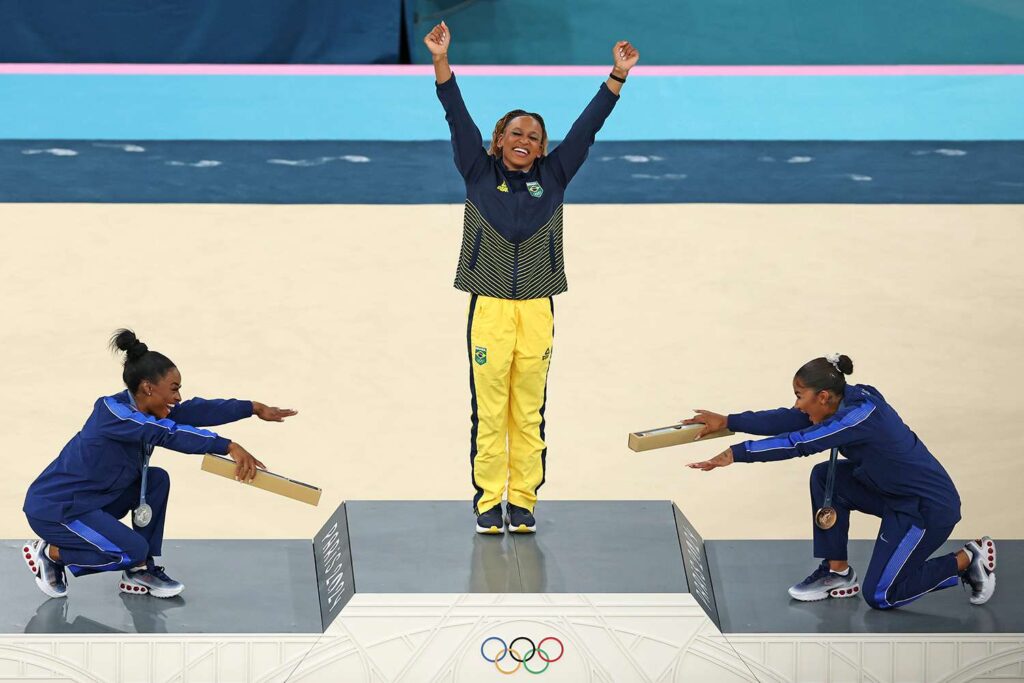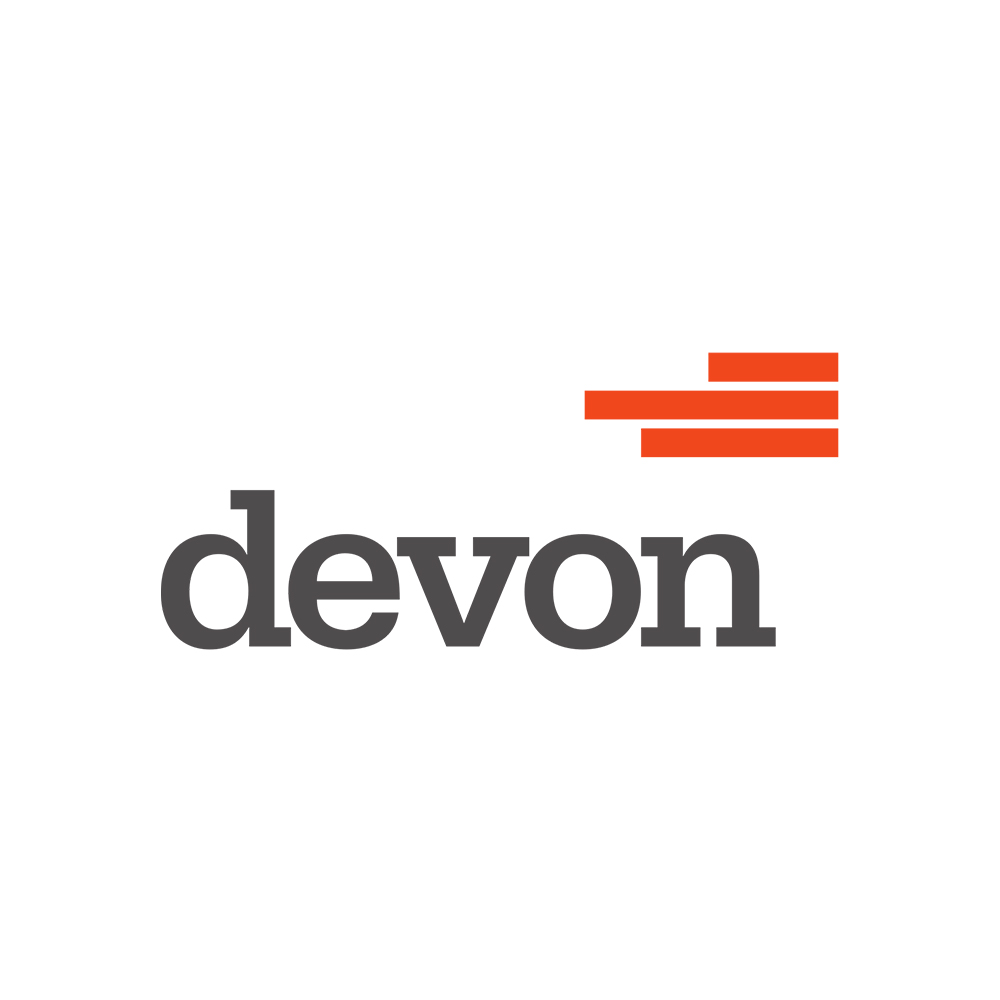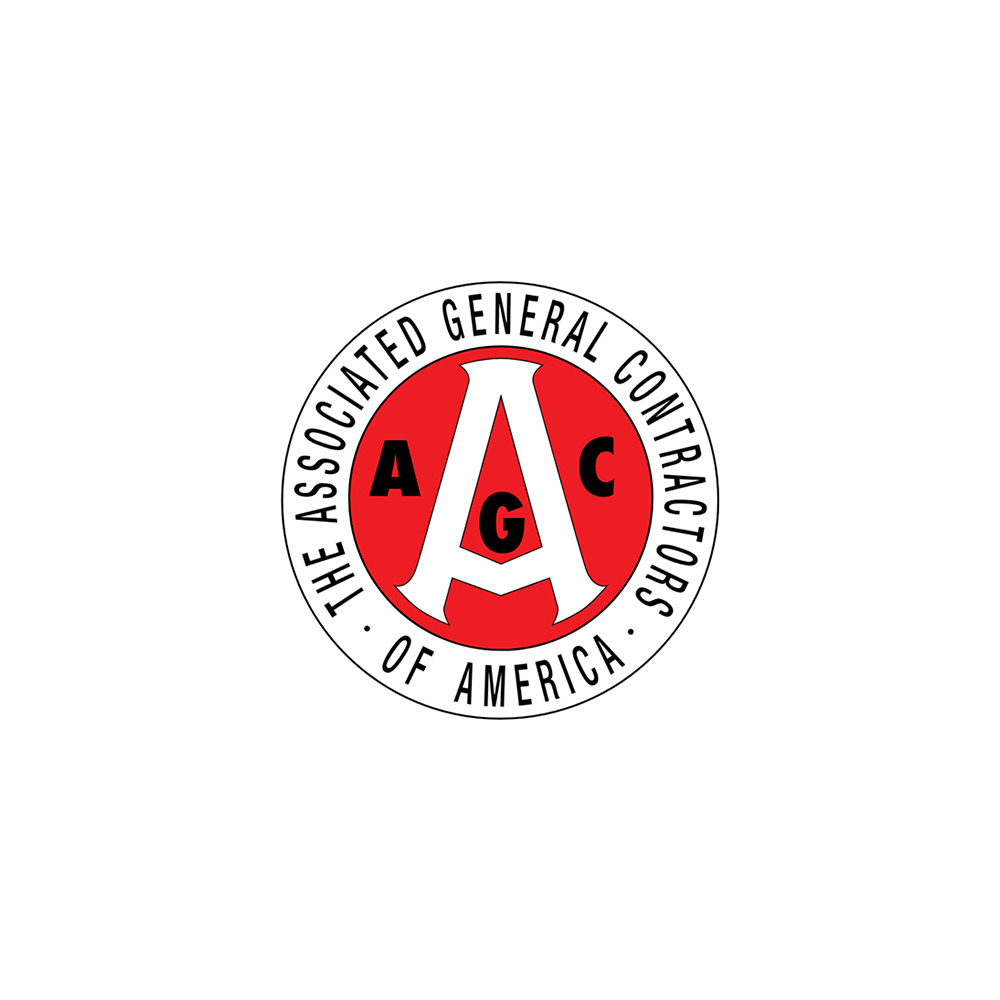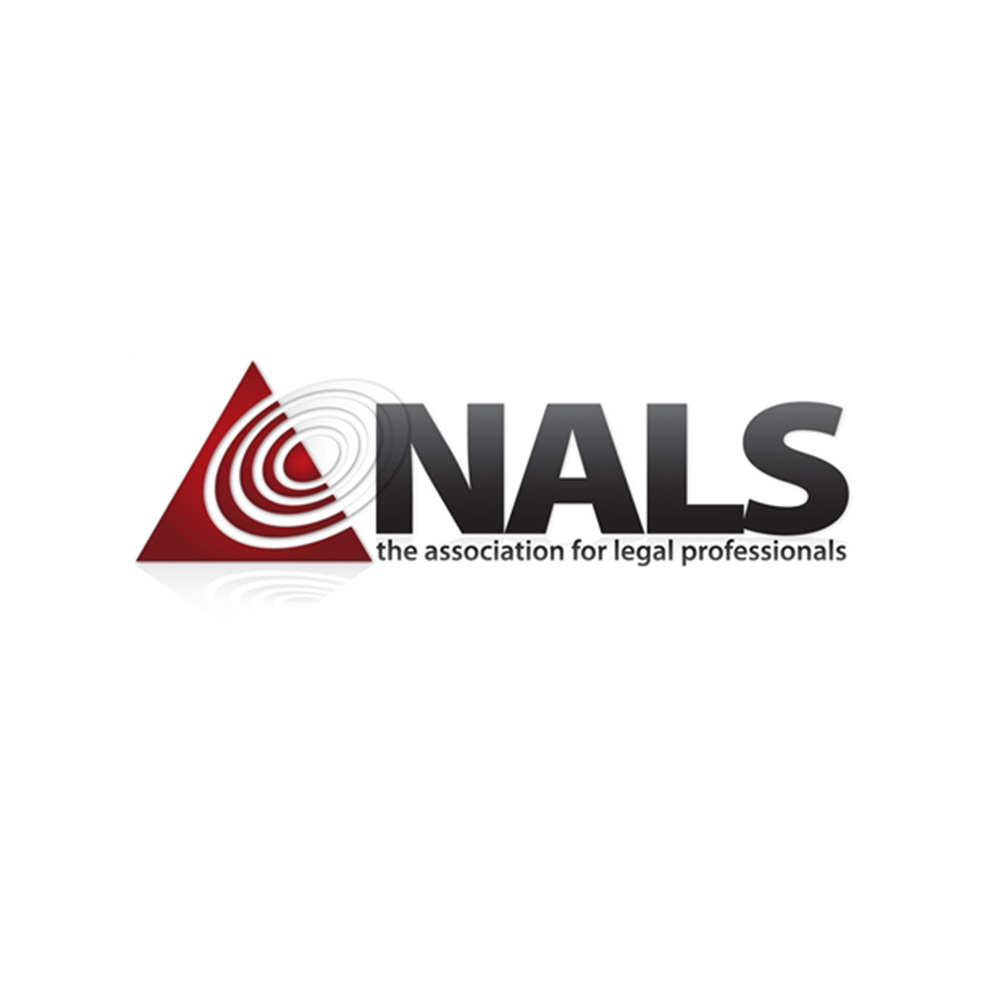Coopertition: Lessons from the Olympics and How Gen Z is Redefining Success
The Paris Olympics reignited the spirit of cooperation and sportsmanship, much like I’ve seen in Gen Z and Millennial-driven work environments. From competition to “Coopertition,” here’s how we can foster a more collaborative and empathetic workplace.
*******
Growing up in the 1970s, I loved the Olympics. I remember sitting around the television watching the 1976 Summer Games with Nadia Comăneci’s Perfect 10 and the 1980 Winter Games with the “Miracle on Ice” U.S. hockey team. My whole family would watch it every night. I loved learning about the countries, the athletes, and their stories. It made the world seem smaller.
I hadn’t felt that way again until the Paris Olympics. Something was different. Yes, I watched other Olympic games through the years, but they just didn’t seem to have the same interest and positivity from the world audience as this one. The energy surrounding the Paris games was electrifying. Maybe the world is craving a shared sense of what brings out the best in us.
Generationally, the Summer Olympics provided great moments. They demonstrated sportsmanship and respect in ways I don’t remember seeing for some time.
A New Perspective on Teamwork
This Olympics reminded me of my sons and their participation in FIRST® (For Inspiration and Recognition of Science and Technology). FIRST is a STEM-focused program in which teams build and program industrial-size robots. This program gave me a new perspective on how teams and our youngest generations work.
A fundamental aspect of FIRST Robotics is “Coopertition®”— the merging of “competition” with “cooperation.” I’d describe it as similar to watching the Great British Baking Show, where bakers want to compete against each other when they are at their best. For example, contestants might celebrate each other’s wins, empathize when someone fails a challenge, or even help each other when something goes wrong.
I saw this same dynamic in robotics competitions. If a competing team experienced a battery or technical issue, our team would give them that battery or technical device, allowing them to compete in the match. It seemed a far cry from when I was growing up, and competition centered around domination and sometimes a “win-no-matter-what attitude.”
Gen Z and Millennials typically don’t seek to win at all costs. I’ve seen this with clients who strive to be excellent in their craft but are comfortable coexisting in balance with other competitors instead of having to drive them out of the market and dominate them. I’ve seen this shift in the workplace as well, where the “dog eat dog” corporate ladder seems to be fading into the past, being replaced by a more collaborative, and supportive work environment.
It’s something I noticed working with European clients who enjoy having a coffee in the middle of the day with three or four fellow employees, just to catch up on life or talk about something beyond the workplace.

3 Steps to Create Coopertition and Build a Collaborative Culture in Your Workplace
What lessons can we take from the Paris Olympics for how to create a sense of Coopertition in our workplace?
1. Establish a clear purpose.
Leaders should provide a clear understanding of “what success looks like” beyond the output. Teams need a clear purpose, focus, and a sense of why their work is important. Is it learning from our effort in order to improve for the next match? Is it just about winning the match, or is it also about how we win the match?
2. Strive for excellence through innovation.
Instead of focusing on domination, focus on quality—what we create, how we create it, and what we learn from it. Athletes excel at this through practice and feedback from coaches, seeking to improve constantly. How well do our managers in the organization prioritize practice and development over immediate results? Innovation may come through many avenues, but a diversity of ideas and strengths broadens our perspectives and deepens our ability to ideate and execute improvements continuously.
3. Embrace empathy.
This is a difference-maker in today’s constantly changing, uncertain world. Too many managers and leaders jump to conclusions and solutions based on what they think is needed instead of trying to understand what is needed.
One of the lessons the Paris Olympics brought home this year was the refreshing recognition among athletes. We saw Michael Phelps cheer on France’s Leon Marchland to break Phelps’ last-standing Olympic swimming record. And we heard the heartwarming story behind the above photo of Simone Biles and Jordan Chiles bowing to Brazil’s Rebeca Andrade on the medal stand.
Empathy is about trying to understand the other person’s experience. It’s how we break the cycle in an ever-changing business environment of just “throwing solutions at the wall.” It enables us to have a deeper understanding of our customers, employees, system users, and team members so that we can meet them where they are and then lead them to where we want them to go.
Ready to Transform Your Team Culture? Let’s Build a Collaborative Future Together!
If you’re looking to cultivate a more cooperative and empathetic team culture within your organization, I’m here to help. Contact me for information on leadership keynote speaking, executive coaching, and facilitation services designed to inspire collaboration, innovation, and growth. You can learn more about Gen Z in the workplace in my keynote, Leading Across Generations, and the related generations workshop. Let’s collaborate to build a thriving workplace where teamwork is celebrated, and success is collective.























